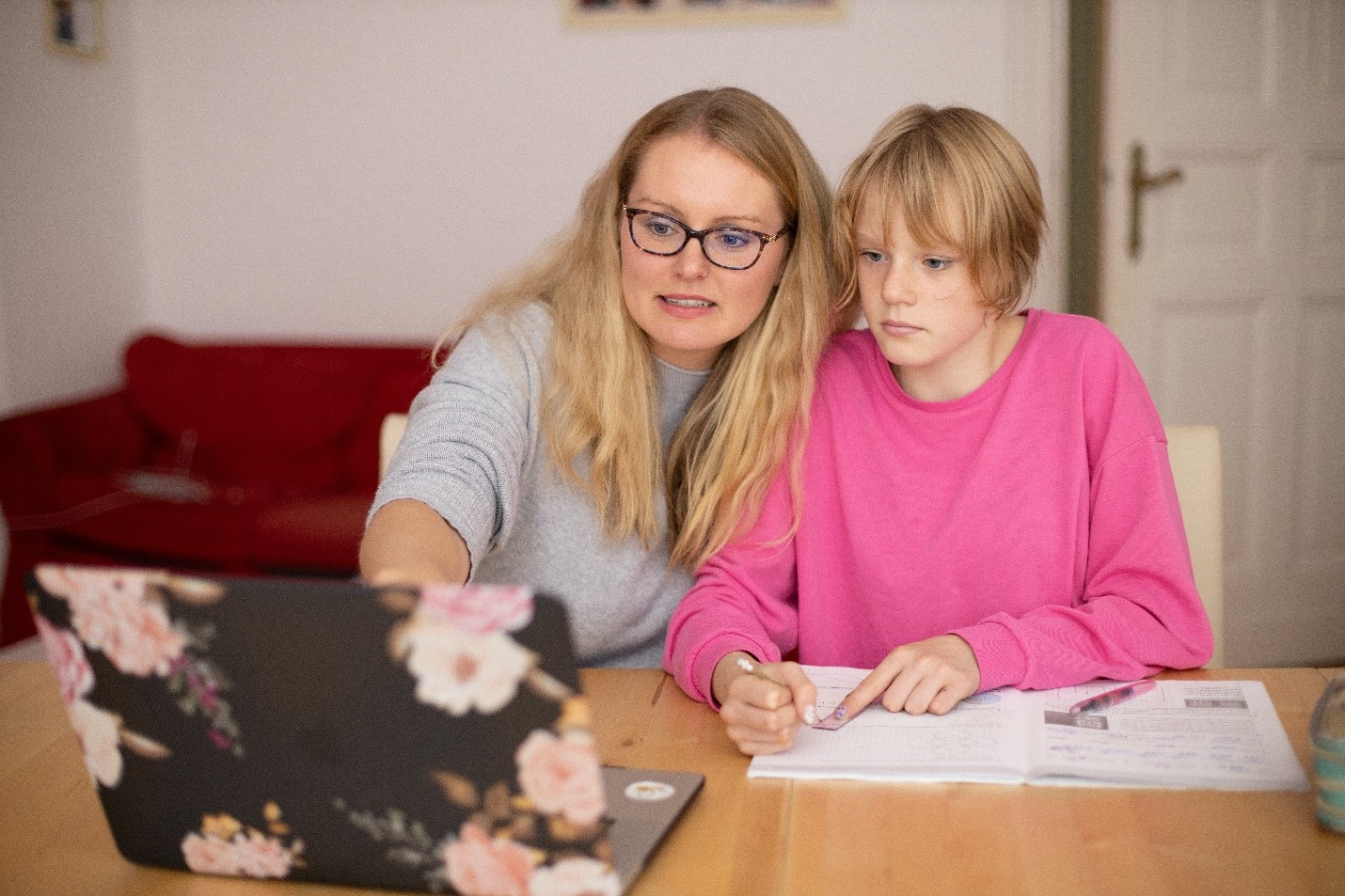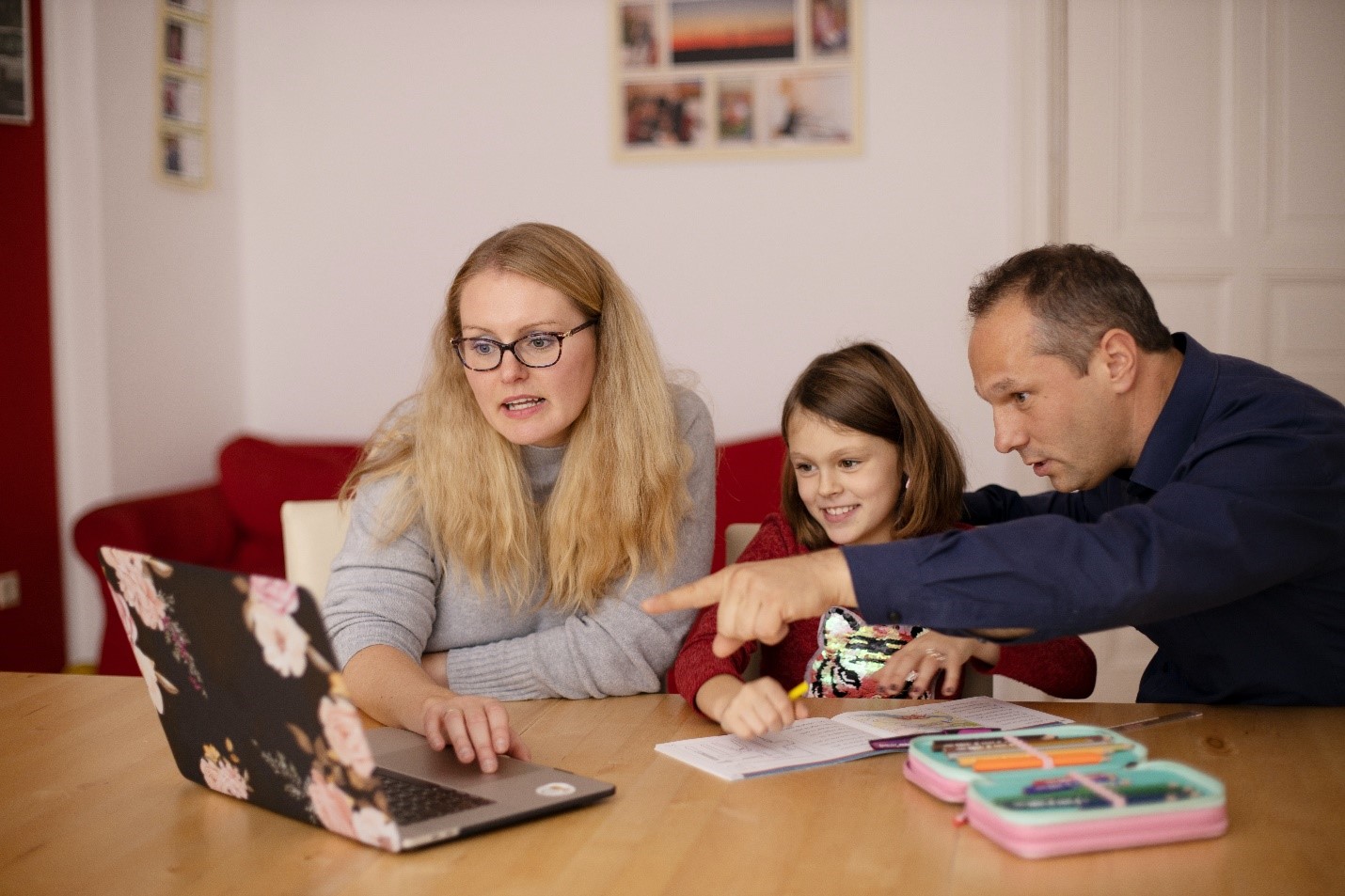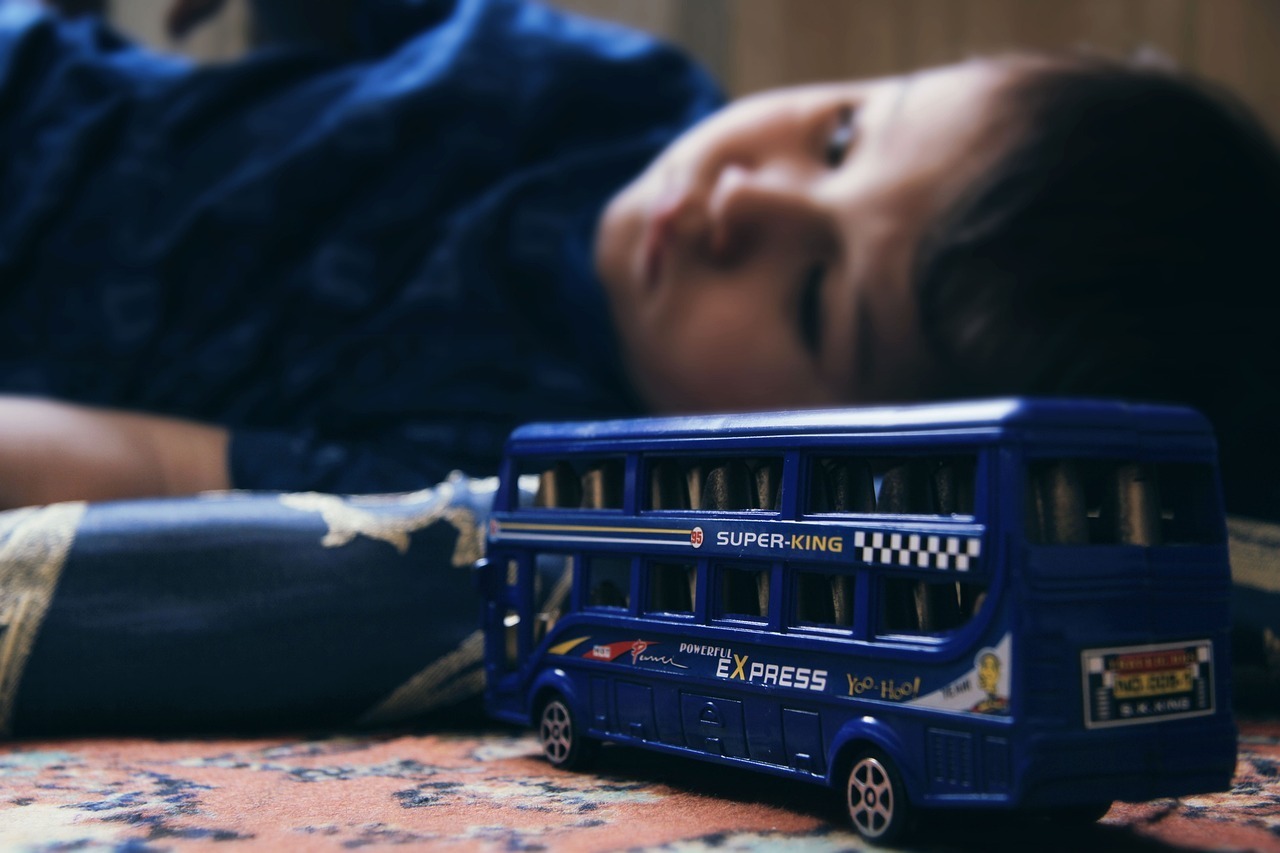The holidays! They are exciting, often long awaited for and many times extremely stressful for co-parents. There are only so many holidays and often, it can be difficult to really align schedules so that the kids can spend time with both parents over their break. Thankfully, while it can be challenging, there are ways that you can make co-parenting during the holidays extremely easy and enjoyable for all…and we are going to go over those tips in this article.
Find a Co-Parenting Mediation App
I am a huge fan of apps that can make like easier for me and this is especially true when it comes to co-parenting. The very first tip that I always recommend for people is to choose a great co-parenting mediation app. For me, that app is 2houses because it has so many features that make scheduling out those holidays a breeze. Plus, with the albums and journals, even if my kids go away with my ex-partner, I can see what they are doing and that really gives me a peace of mind when I can’t be there.
Plan Ahead
This can go hand in hand with a mediation app, but planning ahead is the best tip you can use when it comes to co-parenting during the holidays. First, kids often have time off school around the same time each year. It may fluctuate by a few days every year but it stays pretty consistent. Second, most schools will hand out a yearly calendar that lets you know when those holidays will be.
So with that in mind, there really is no reason why you can’t plan ahead for the school year and for any of the big holidays that they get.
With planning ahead, there are a few things you want to take into consideration:
- How the holidays were scheduled the year before? If you alternate holidays, you want to make sure that you are still alternating or splitting them up according to your co-parenting arrangement.
- Any special events that are happening. Weddings, special events for your kids, special holidays and so on. Think about the things you want your kids to attend, the events that your co-parent will need to attend as well and then plan the holidays around those dates so the kids can be at those events.
- Your own work schedule. Sometimes holidays need to be shuffled around to reflect your own obligations and work schedule as well as your co-parents.
- Travel days. If you are planning to travel for vacation with the kids, be sure to take into consideration your travel days so you aren’t eating into the other co-parent’s holiday plans.
Be Flexible
When you are trying to co-parent during the holiday, try to be flexible. Holiday plans can fall through. Work may change vacation time and there can be a dozen other things that can change. As co-parents, plan for contingencies if something happens. This will help cut down on the conflict between you and your co-parent and will also allow you to really enjoy the time that you can get.
With the contingencies, be sure to have another activity the kids can do as a backup plan if other events fall through. This way they will feel less disappointment as they can still do something fun on a day they were supposed to be doing something different.
Negotiate the Schedule
During holidays, schedules can really go out the window. It’s hard to make bedtimes, in hotels you may miss out on bath and bedtime routines, and travel days can wreak havoc on any time of normalcy that you create. However, schedules and routines are really important for kids, especially those going through separation or divorce, and it can lead to conflict if one parent is not following the regular rules and schedules you’ve set up.
However, holidays are a break, and sometimes that means it’s a break from the regular routines so be a little lenient on this. In addition, agree with your co-parent what changes to schedules and routines will happen over the holiday. Be sure to mark routines that are inflexible, but make changes with other ones that aren’t.
In addition, remember to discuss the gradual return to those routines so the kids are ready for school. Both co-parents will need to work the school schedule back into the kids’ routines so make sure you are discussing this as well.
Communicate with your Co-Parent
Finally, make sure that you are communicating with your co-parent. This can be done easily with a co-parenting mediation app but you can also communicate in person, by email and by phone. If you are travelling out of town with the kids for the holiday, have emergency ways to contact you and the kids through giving your co-parent the numbers to hotels you are staying at as well as your trip schedule.
In addition, make sure that you communicate when there are any changes. The sooner you discuss a change, the easier it is to avoid a conflict over the holidays. When you are communicating, be sure to approach it from a place of mutual respect and understanding. Being away from the kids for a longer period can be exceedingly difficult for all and that can lead to some harder emotions surfacing. When you communicate with mutual respect, it allows both co-parents to express their concerns without feeling judged by them.
Communication during the holidays should continue every day, even if you send a quick photo or a quick note to tell them everything is going great. This will help reduce the stress and everyone will feel better about those holidays.
Co-parenting during the holidays does not need to be difficult. It just takes planning, communication and negotiating with your co-parent to create the best holiday for your kids. Once you do all the planning and legwork to get to the holidays by following these tips, you should be able to simply sit back…well…sit back as much as a busy parent can… and enjoy the holiday.










